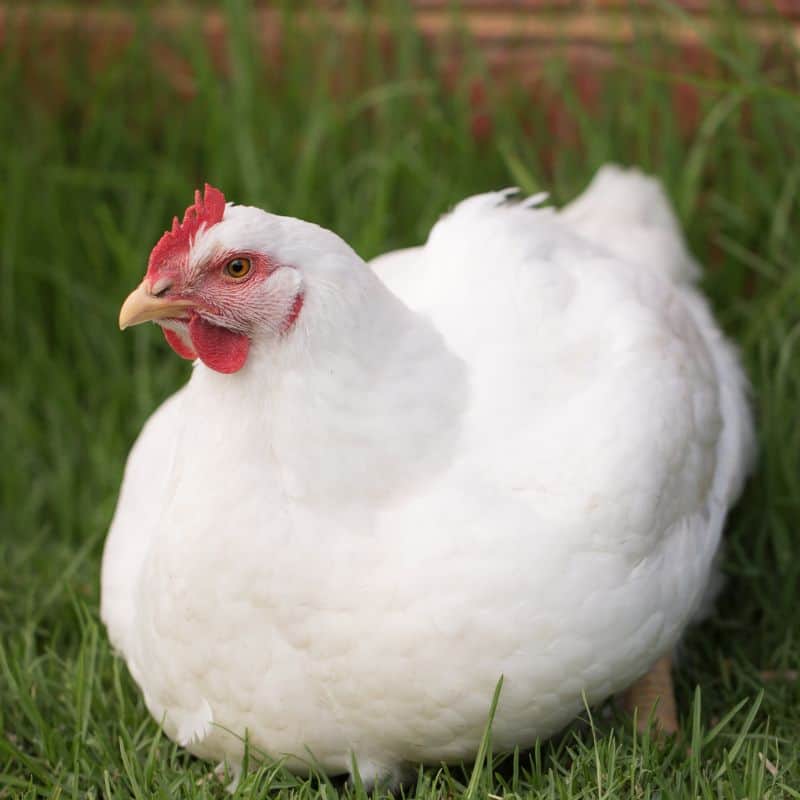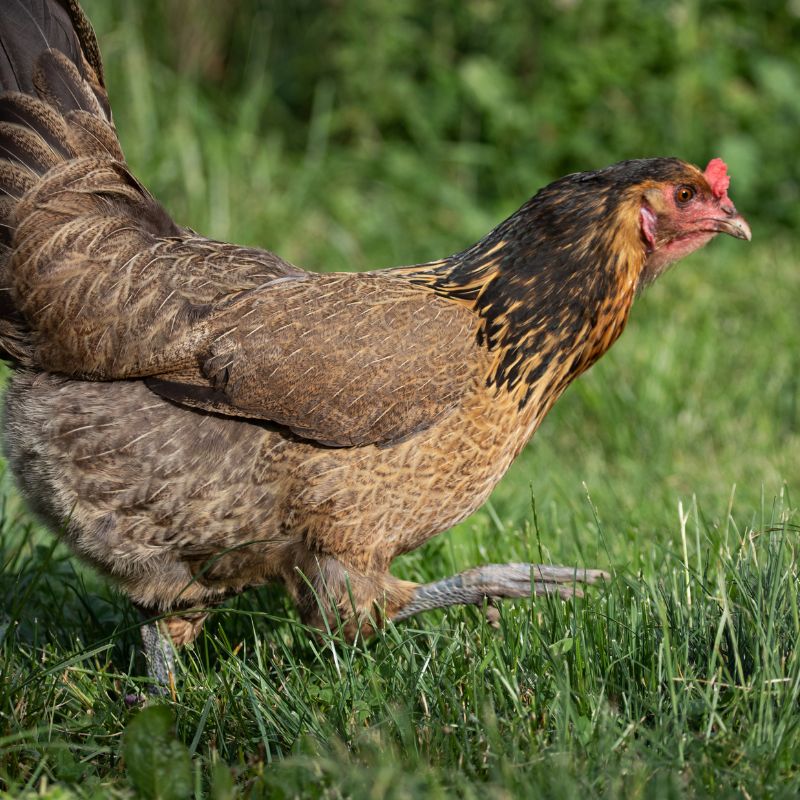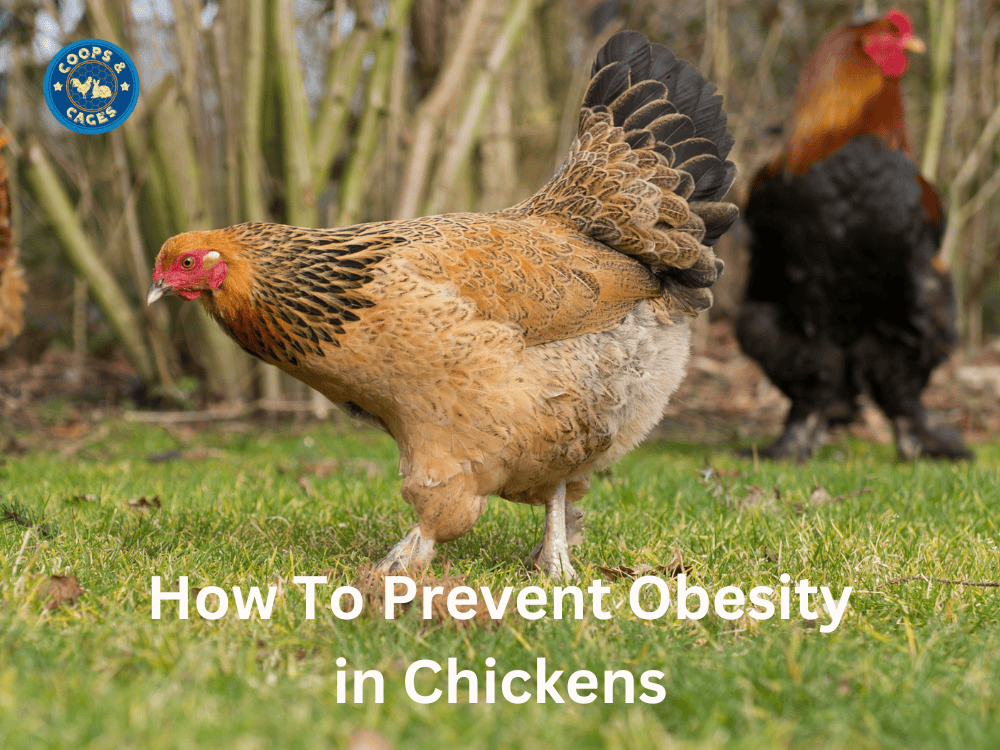Chickens, How To Do Things
Sure-Fire Ways to Prevent Obesity in Chickens
Just like humans, chickens enjoy eating and are prone to overindulging. As a backyard chicken keeper, it can be tempting to spoil your pets with lots of treats that make them happy.
But excess calories can lead to obesity and related health issues. It is your responsibility to provide them with an appropriate amount of food – not too much and not too little.
What is Chicken Obesity?
When chickens eat too much and don’t exercise enough, they can gain excess weight. Unlike humans who carry extra weight under their skin, chickens store most of their excess fat around their internal organs.
You may be able to tell if your chicken is overweight by feeling the keel bone (between the breasts) or the area below the vent for excess fat. You can also weigh your chickens regularly to tell if they are obese.
Other symptoms of obesity in chickens inside decreased laying, poor egg shell quality and eggs having multiple yolks often.
Why Does Obesity in Chickens Matter?
Overweight hens will lay less eggs that have weaker shells. They also tend to lay oversized eggs which could result in egg binding – a condition that may be fatal.
Obese chickens are prone to fatty liver haemorrhagic syndrome which can cause sudden death.

How To Prevent Obesity in Chickens
As a chicken owner, it is your responsibility to keep your chickens at a healthy weight. Here are some lifestyle changes you might want to consider:
Feed Your Chickens a Well-Balanced Diet
To keep your flock healthy, feed them high quality commercial chicken feed. This can be purchased from any rural supply store and will contain the nutrients required for healthy growth.
Talk to your chicken feed supplier about how much feed you need. On average, an adult hen will eat around 150g of feed per day.
Keep Track of Your Chickens’ Weight
A fully-grown adult chicken should keep its weight consistent. If possible, weigh your chickens regularly. It is best to check their weight when it’s dark as their vision is poor, so they won’t object to handling.
Document your results and make comparisons over time.
Offer Your Chickens Treats in Limited Quantities
Although it’s tempting to spoil your chickens with treats, moderation should be practiced. Treats should only make up maximum 10% off your chook’s daily food intake.
Healthy treat options for chickens include dried mealworms, vegetable scraps and fruits.
Encourage Your Chickens to Exercise
Compared to chickens that are confined in chicken coops full time, free-range chickens are less prone to obesity. This is because they exercise by roaming about your yard, which means all those calories are easily burned.
If you are unable to allow your flock to free range, offer them a large run with plenty of room to move around during the daytime. This will not only keep them a healthy weight but make them happier, resulting in lower stress levels and increased egg laying.

Jordan’s Wrap
If you love your chickens and you want only what’s best for them, it is important that you help them maintain a healthy weight.
Obesity in chickens can lead to decreased egg production and sudden death. It can be difficult to detect an overweight chicken as they carry their extra fat around their internal organs, rather than under their skin.
To prevent obesity in chickens, feed them a balanced diet, offer limited treats, encourage exercise, and weight them regularly. A healthy lifestyle will result in your chickens living a long, happy life.



